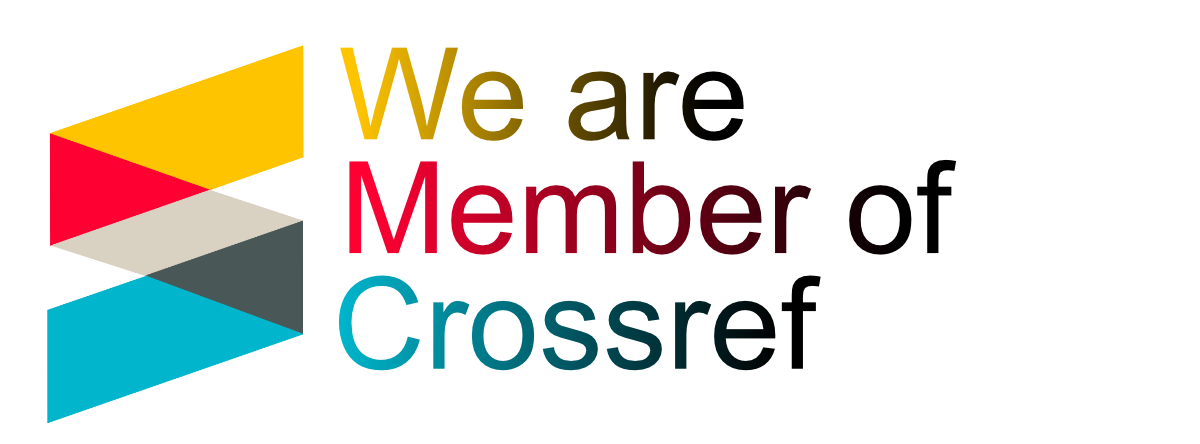Submission to Acceptance: 93 days
© 2024 | Symphony
The aim and scope of Currere and Praxis (C&P), a peer-reviewed journal published by the Association for the Advancement of Interdisciplinary Education Studies (AAIDES), can be summarized as follows:
Aims
C&P aims to foster scholarly conversations and research on curriculum studies, offering a platform for academics and professionals to exchange ideas and insights. It strives to facilitate dialogue on curriculum work happening both within and across national and regional contexts, recognizing the significance of diverse perspectives. The journal is committed to exploring how globalization and shifting geopolitical landscapes influence curriculum development and implementation.
C&P seeks to contribute to international debates on vital issues, including human rights, social justice, and the impact of curricula on identities and social structures. The journal acknowledges the unique concerns of indigenous peoples and aims to provide a space for research and discourse on these topics.
Overall, the specific aim of C&P is to deepen our understanding of how curriculum work operates in relation to the complex interplay of local, national, regional, and global factors, ultimately advancing the field of curriculum studies in a rapidly changing world.
In summary, "Currere and Praxis" is dedicated to promoting interdisciplinary discussions and research on curriculum studies with a global perspective, emphasizing the evolving nature of curriculum work in the face of globalization and its impact on various aspects of society and education.
Scope
C&P focuses on curriculum studies, a multidisciplinary field that explores educational curricula within and beyond national borders. It welcomes contributions from scholars, educators, and professionals interested in advancing curriculum studies as an academic and professional discipline. The journal embraces a global perspective on curriculum work and encourages discussions that transcend national boundaries.
C&P recognizes the influence of economic globalization on curriculum development and decision-making and aims to explore these impacts. It invites articles that address critical topics such as human rights, social justice, democratisation, national and ethnic identities, religious identities, gender and racial justice, indigenous peoples' concerns, poverty, and social exclusion. The journal seeks to understand the interconnections between local, national, regional, and global dimensions of curriculum work.
The journal welcomes manuscripts in the following areas:
Continuing a long tradition of connecting scholarly research and school-based practice, the journal particularly welcomes contributions focussing on the ‘basics’ of curriculum structure, organisation, development, enactment and evaluation in practice settings.
© 2024 | Symphony


|
|
OJS Hosting, Support, and Customization by | OJS-Services.com |